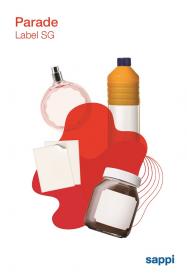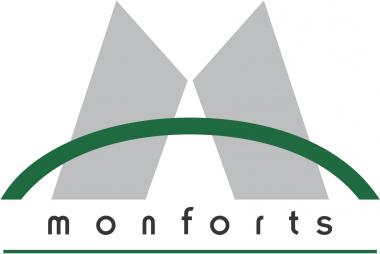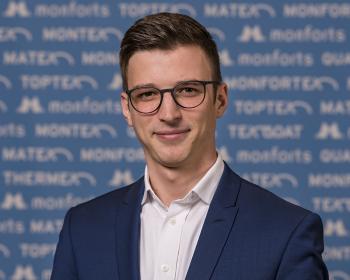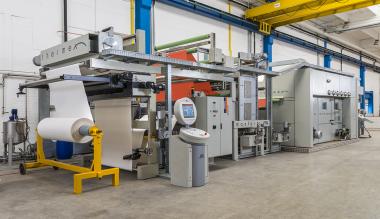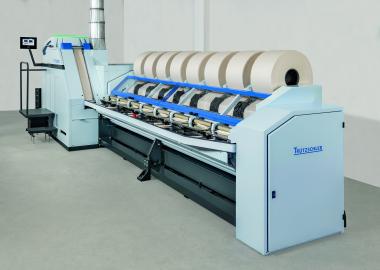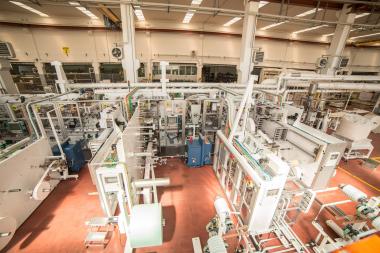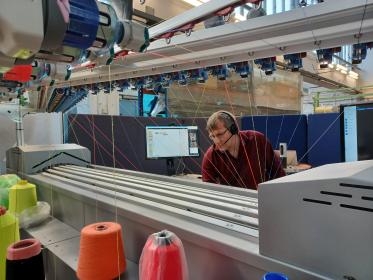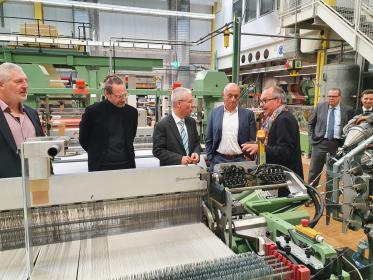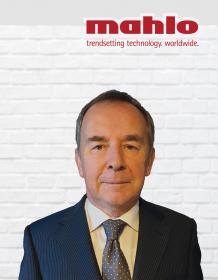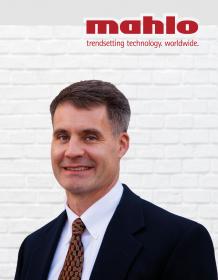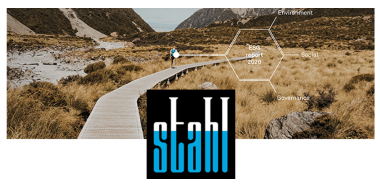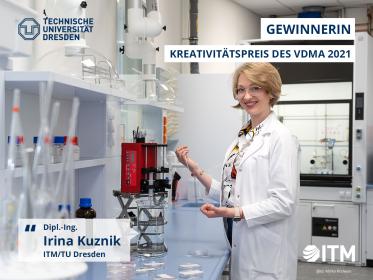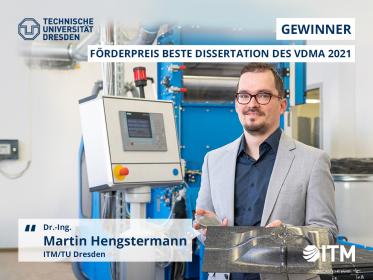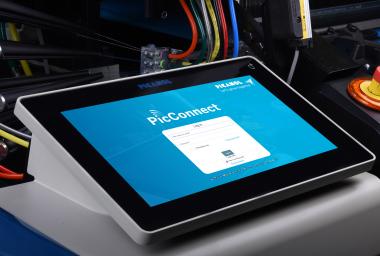Sappi expands its product portfolio
- High performing face stock paper delivers convincing results for multiple applications
- Sappi product portfolio of face stock papers ist being expanded with Parade Label SG from its Gratkorn site
Sappi, manufacturer of numerous packaging and speciality papers for a wide range of markets, is launching the Parade Label SG, a one-side coated face stock label paper that excels in terms of properties such as printability, opacity and stiffness, as well as with its many options for further processing.
- Semi-gloss face stock paper with high-quality performance characteristics
- Suitable for a wide range of applications, e.g. labels for food, non-food, HABA and VIP
- Available in 77, 78 and 80 gsm
- Manufactured in Gratkorn, one of the largest and ultra-modern paper mills in Europe
Sappi offers an extensive range of base papers for wet-glue and self-adhesive labels. With its new Parade Label SG, the company is now introducing a one-side coated, semi-gloss face stock label paper that is approved for direct contact with food and that complies with DIN EN 71 for toy safety. The range of applications includes labels for food, non-food, beverages and health and beauty aids (HABA), as well as for logistics and variable information printing (VIP) due to its excellent thermal transfer printability.
The fibre-based face stock solution guarantees high-quality results in printing and finishing, through the entire production and converting chain. It features high stiffness and resilience, so the label will not be damaged and will fit accurately even after labelling.
Sappi invests in customer proximity
To ensure 100 percent availability and fast delivery of its label papers, Sappi has proactively positioned itself for the future and set the course for reliable production and seamless supply chains – with its plants in Alfeld, Carmignano and Condino. The plant in Gratkorn, where Sappi has invested in new technical equipment, has now been added to the list. With modern production facilities, from paper machines to finishing technology, as well as extensive expertise in the production of coated papers, the site has everything in place to ensure top-class products. Available capacity is being expanded gradually to include the production of Parade Label papers alongside existing graphical grades.
Because of the central location of Sappi’s production site in Gratkorn, Parade Label SG can be supplied quickly throughout Europe and beyond. The short transportation distances save greenhouse emissions and protect the environment; shorter production cycles then enable good availability and fast supply. Parade Label SG is certified for direct food contact and available in grammages of 77, 78 and 80 g/m². Sappi can provide Parade Label SG with FSC or PEFC certificates on request.
Sappi will be presenting its new developments in the field of label papers, among others, at the upcoming LabelExpo Europe in Brussels in April 2022.
Sappi Europe Sappi Gratkorn Parade Label SG Etiketten LabelExpo Europe Facestock-Papier
Sappi Europe


